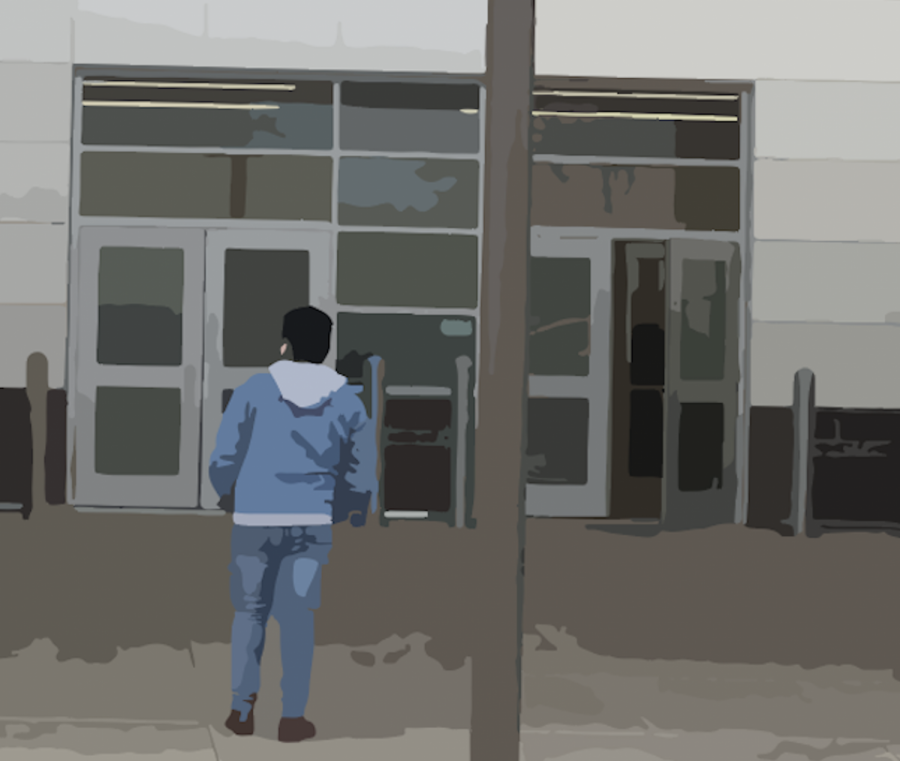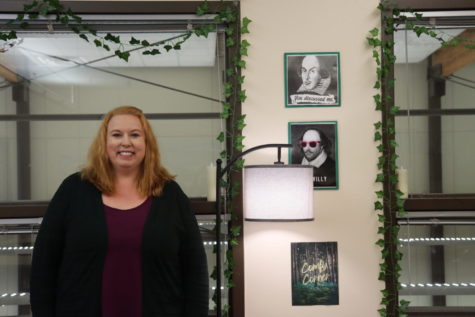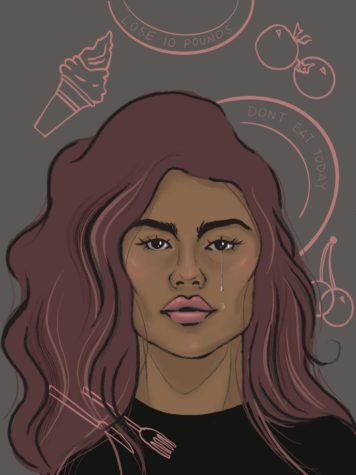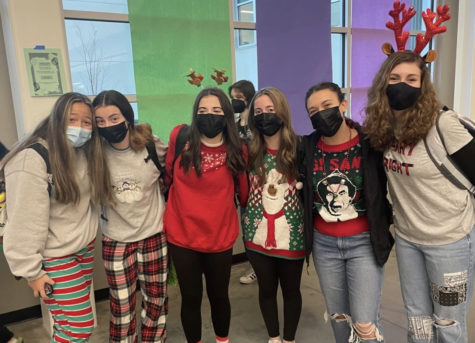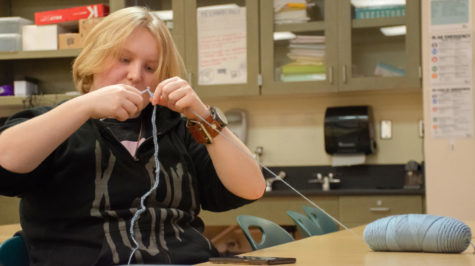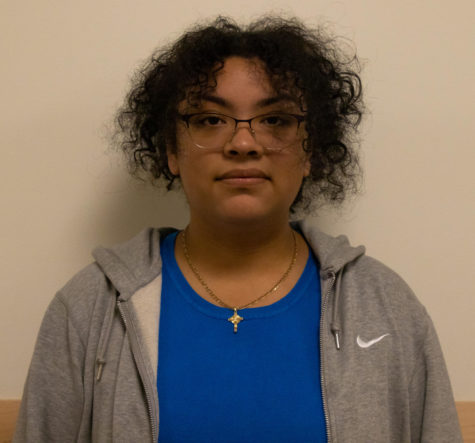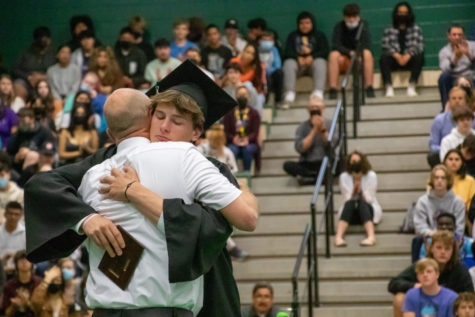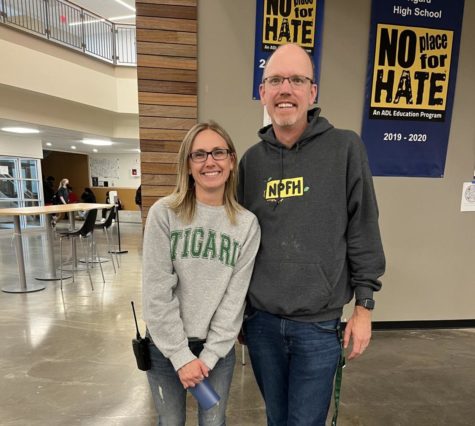The long, uncertain road: the experience of immigrants
For three recently immigrated Tigard students, something that’s seemingly simple can become a nerve-racking challenge. Things such as going to an American high school.
Rachel Jacobson and Ashley Sample
For students who have just immigrated to the U.S., summoning the courage to walk through the school doors can be a challenge. Multicultural Coordinator Gigi Escobar helps them with the transition.
March 3, 2020
At Tigard High, there are some students and staff members who have traversed across borders and put their own lives in danger to have a chance to start over in a new environment.
Giselle Escobar is the multicultural coordinator at Tigard High, which means she is in charge of assisting parents/students who speak another language besides English and helping immigrant students adjust to their new lives at Tigard High. She understands the struggles immigrant students go through first hand; she herself immigrated here from Peru just a few months shy of her 20th birthday.
“I was a refugee because my dad’s brother was the district attorney, and he found out that the militaries were killing regular civilians, blaming it on the Shining Path, which at that time was a very strong terrorist organization. Then everything happened and we’d have threats,” Escobar said. She was forced to leave her home country under threat of her life, and so she had to make a new life in a new place.
When she left Peru, her options came down to moving to either Germany or to the United States. The second language she learned in school growing up was German, while her knowledge of English was very limited at the time. If not for her aunt already deciding to go to the United States, she probably would have ended up in Germany. With her own story about immigration, she is better equipped to help students that have immigrated from other countries
“I want the families to feel welcome,” Escobar said. Escobar helps students find their schedule, makes sure they’re tested in English, finds out what level of English they can understand, explains what the rules of the school are etc.
Escobar is able to help kids like Lincoln*, who emigrated from Guatemala two years ago. He started in Virginia, but came to Oregon six months later. It took three tries before he was finally able to stay in the U.S. The first time he was captured by imimigration services, and was put in a jail cell by himself for 20 days before being put on a flight back to Guatemala.
“My second time was the same thing,” Lincoln said. “And I stayed longer [in jail], like almost one month and 25 days.” Lincoln was only 14 at the time.
When he was finally able to get in the country, he spent the first six months in Virginia with his father and his father’s new wife. Not only was he at the tailend of going through such a traumatic experience at a young age, he then had to fill in the blank slate of his new life.
“I didn’t speak English,” he said, “When I tried to talk with somebody, I had to speak with an interpreter.” The language barrier can be one of the most difficult obstacles faced by immigrants, since communication is such an essential part of American society and culture.
“Communication is 80 percent body language,” Escobar said. “[People] would say ‘how are you doing’ and I would be like, ‘I’m not doing anything.’”
Another student, 16-year-old junior Denilson Javier Morales, came to the U.S. from Honduras when he was 12. He had left the life he had lived with his mom in Honduras to live life in the U.S. with his dad and his step siblings. Upon his arrival to the United States, he stayed in Texas, and then came to Oregon after about 20 days.
“I came here by myself; my dad left Honduras when I was like three months old.” Morales said. “I had to sleep on the floor in the cold, and the food was terrible.”.Morales met his father when he came to the U.S. Since he came to the country at such a young age, he hadn’t fully learned how to write in Spanish, so he had to learn both English and Spanish. The difference in culture Morales had to deal with was also a shock.
“[Culture] indicates who you are,” Morales said.
17-year-old sophomore student, Paul*, also came from Guatemala. He’s only been in the U.S. for about a year; he came to the country in January 2019.
“Crossing the border was very hard because there was a lot of dangerous animals like snakes,” Paul said. “I didn’t know where I was.”
Students like Paul and Lincoln had to put their lives in danger for the potential of a better life on the other side.
“Culture means a lot, because you can actually know one person,” Paul said.
Within all these situations, these students had to leave the country they had spent their entire lives and adjust to a new life. The process they went through to get to a new place was strenuous and potentially put their lives in danger. As a part of the Tigard High School community, they each have their stories to tell.
*For the sake of privacy, students’ real names (aside from Morales) will not be used.



